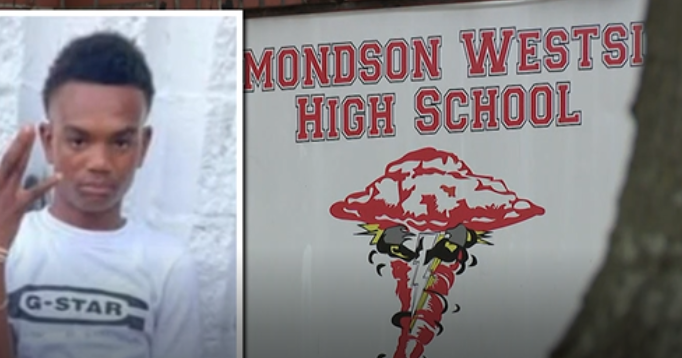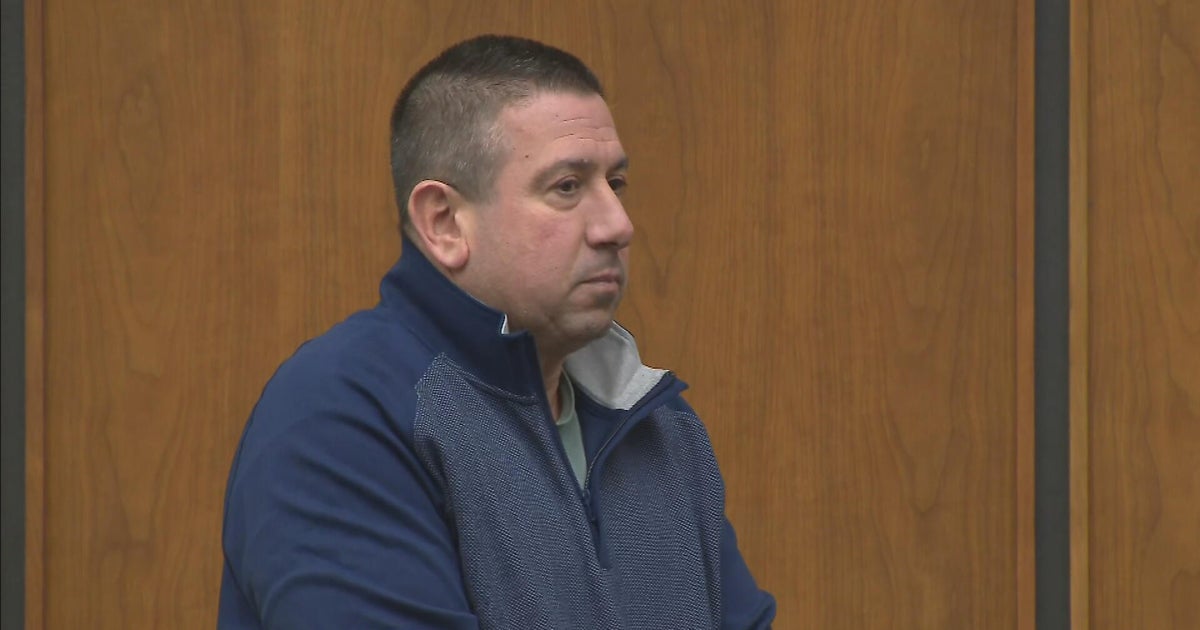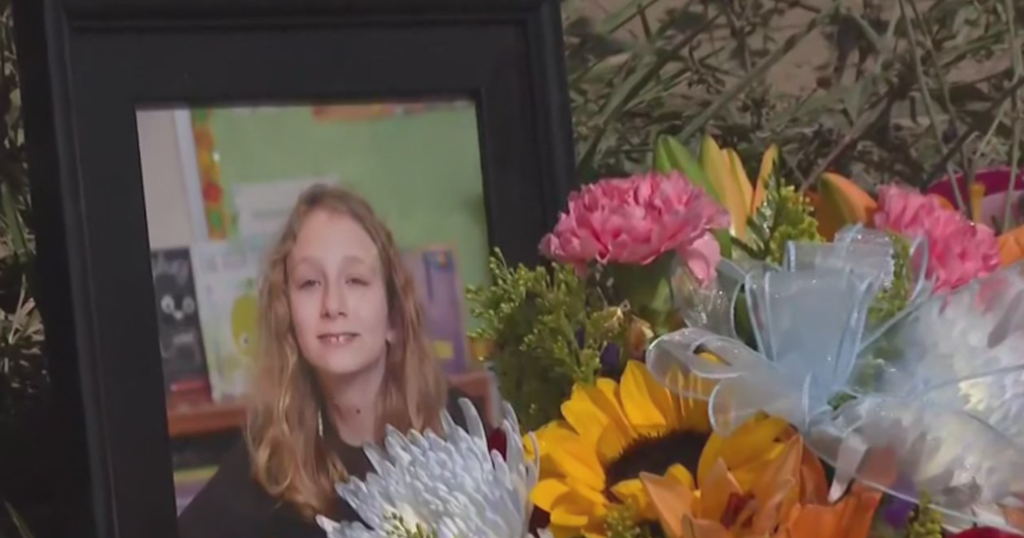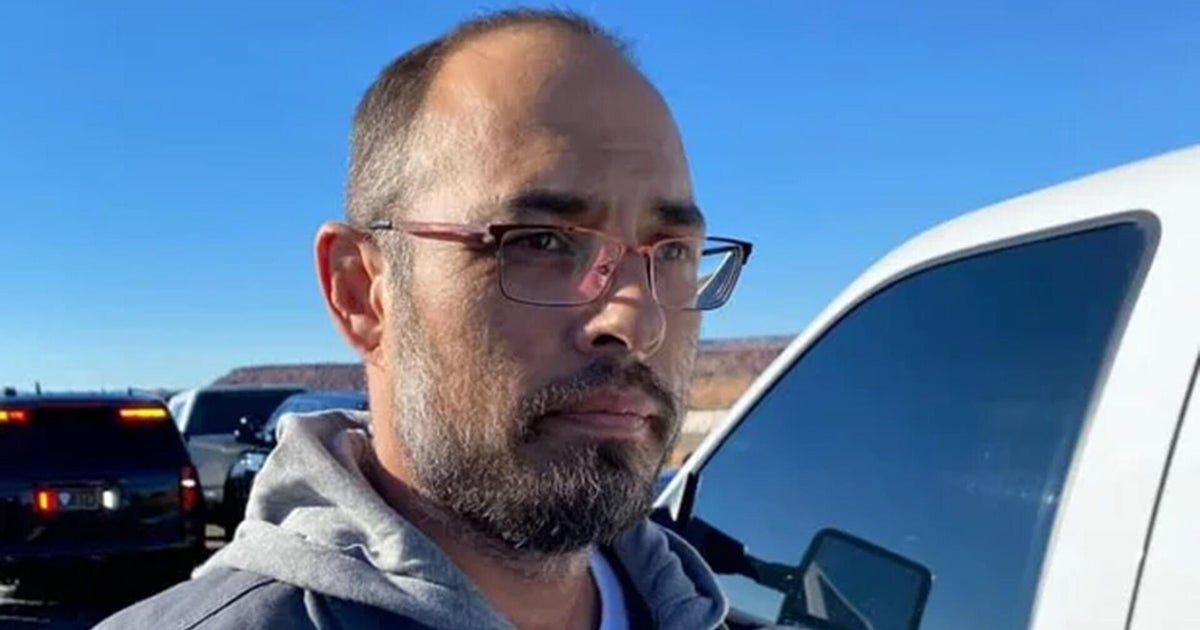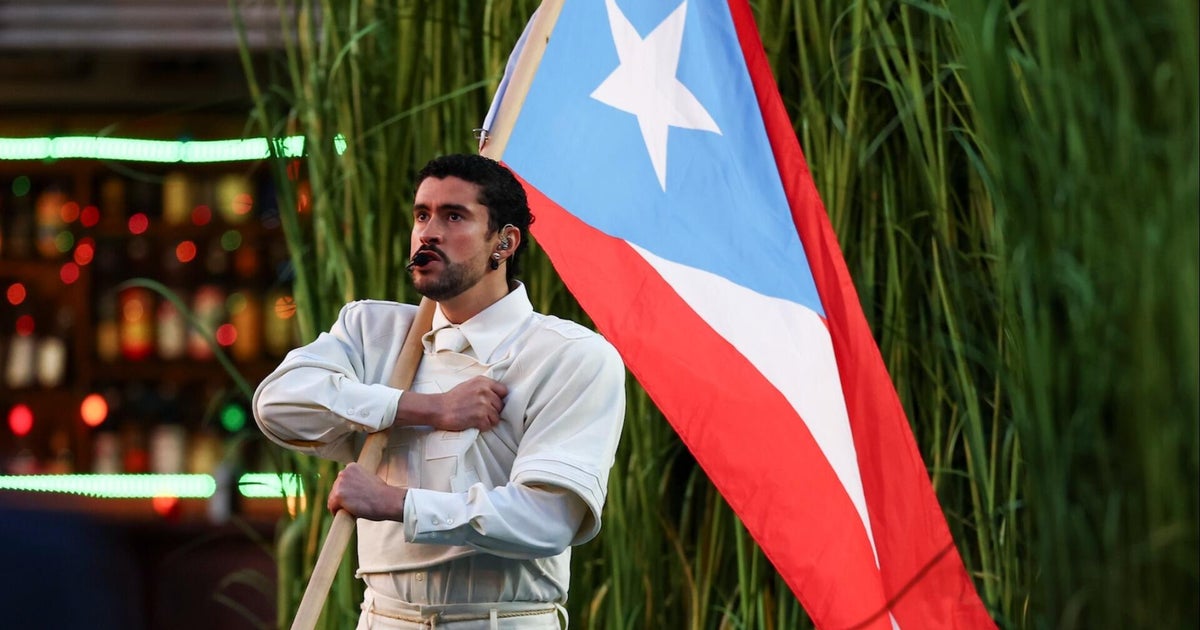Prosecution Makes Final Argument For Death Penalty In Hirschfield Case
SACRAMENTO (CBS13) - The prosecution spent close to two hours Wednesday morning trying to convince jurors to sentence Richard Hirschfield to death.
Hirschfield was found guilty last month to the 1980 killings of John Riggins and Sabrina Gonsalves. Hirschfield kidnapped the two 18-year-old college students in Davis. Their bodies were found two days later. Hirschfield sexually assaulted Gonsalves and slashed both of their throats.
Their bodies were found about 30 miles east, in the Lake Natoma area
Their case was dubbed the "Sweetheart Murders" and remained unsolved for decades until a DNA test in 2002 taken from semen found on a blanket in Riggins' van came back to Hirschfield. He was charged in 2004 and but his trial was delayed several times.
The prosecution on Wednesday described the long violent criminal history of Hirschfield and the horrible impacts his crimes have had on the victims and their families.
However, the defense said he was a product of a cruel and abusive childhood, and his life should be spared.
"People in this state want the death penalty in very unique and specific circumstance," prosecutor Dawn Bladet told the court.
Both sides presented passionate closing arguments. The prosecution told jurors that Hirschfield showed no remorse for the rape and murders.
"The death penalty is the verdict he deserves for the crime he committed, and the lack of remorse shows it's part of his life of crime," said Andrea Rosenstein, Gonsalves' sister.
Jurors listened as the prosecutor graphically described how Hirschfield continued a life of violence after the murders by molesting children.
"He has engaged in additional victimization of your youngest and most vulnerable," said Bladet.
However, the defense focused on Hirschfield's upbringing, trying to garner sympathy from the jury.
"Under different circumstances, he could have been a different person," said defense attorney Linda Parisi.
His attorney described a troubled childhood, where Hirschfield was the victim of physical and emotional abuse by his father, as well as bullying at school.
"Childhood matters, and that's why we talked to the jury about it," said Parisi.
Now, the jurors are left to make perhaps the most difficult decision of their lives, whether or not to take the life of a convicted killer.
"He deserves the ultimate punishment; the same fate he gave his victims," said Bladet.
"We understand redemption. We understand that life is worth saving," said Parisi.
The jury will return Thursday to continue deliberations.
